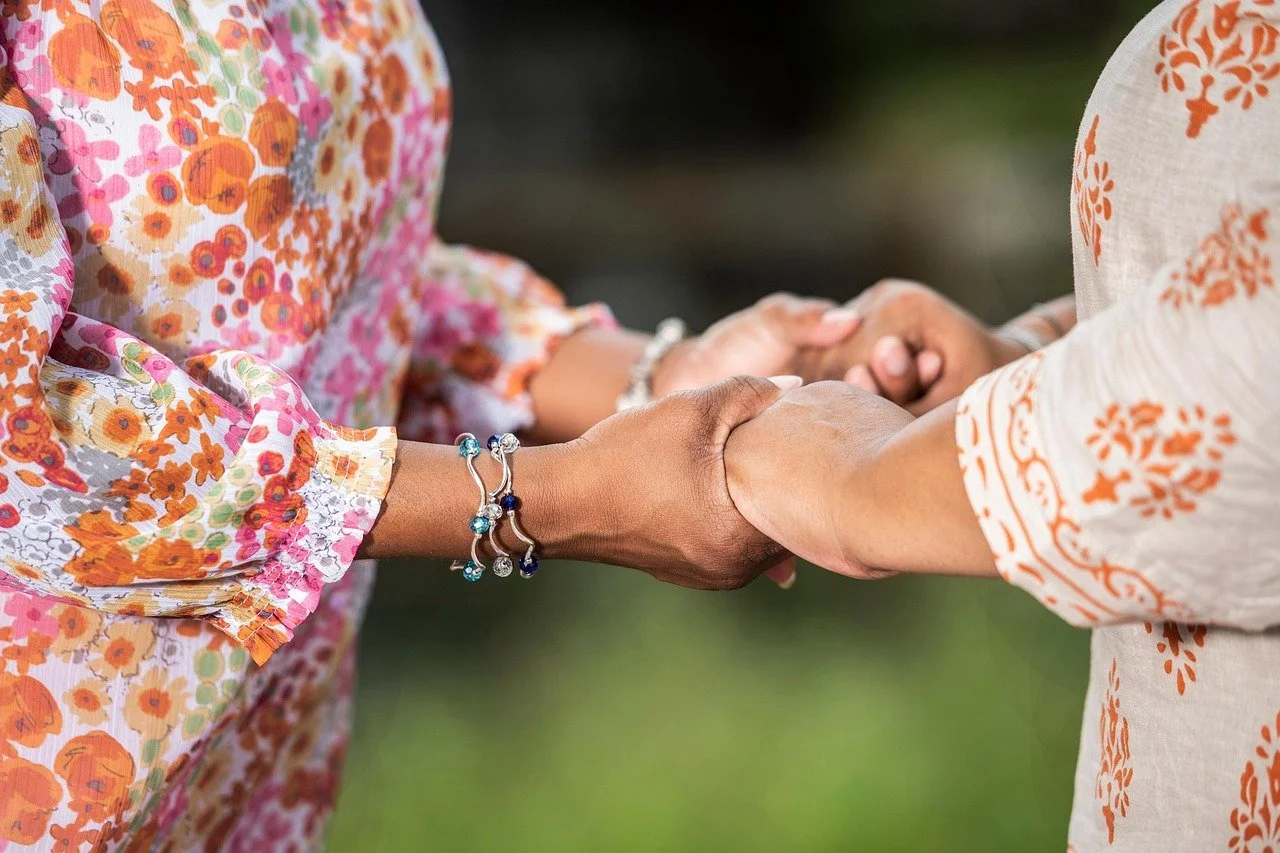
Our Blog
Financial Planning Essentials for Adoptive Families
Comprehensive financial planning helps adoptive families navigate both immediate adoption costs and long-term expenses, ensuring stability and access to necessary services.
The Power of Routine: Creating Stability After Holiday Disruptions
Re-establishing routine after the holidays helps adopted children feel secure and regulated, providing the predictability they need to thrive.
Supporting Birth Parent Relationships in the New Year
The new year offers adoptive families an opportunity to strengthen birth parent relationships through intentional communication, clear boundaries, and compassionate connection.
Understanding Sensory Processing Issues in Adopted Children
Sensory processing challenges are common in adopted children due to early trauma, and understanding these needs is essential for creating a supportive, healing environment.
Setting Realistic Expectations for Adoptive Families in the New Year
Release perfectionism and embrace realistic expectations that honor your family's adoption journey, support healing, and create space for authentic connection and growth.
Creating Intentional Goals for Adoptive Families in 2026
Learn how to set trauma-informed, family-centered goals that honor your adoption journey while fostering connection, growth, and resilience in the new year.
Telling Your Family's Adoption Story Through Creative Projects
Explore meaningful creative projects that help adoptive families tell their stories, honor heritage, and build lasting connections through art, writing, and shared experiences.
Managing Stress and Staying Connected During the Holidays
Learn trauma-informed strategies to reduce holiday stress and strengthen family bonds during the most wonderful (and challenging) time of year.
Reflections on Growth: Celebrating Family Milestones of the Year
Taking time to reflect on and celebrate your adoptive family's milestones honors the journey, recognizes progress, and strengthens bonds through intentional gratitude and acknowledgment.
Volunteer Opportunities for Adoptive Families to Give Back
Volunteering as an adoptive family creates opportunities for bonding, teaches empathy, and helps children develop a sense of purpose while giving back to the community.
Making Holidays Stress-Free for Adoptive Families
The holidays can bring unique challenges for adoptive families, but with intentional planning and compassionate approaches, you can create stress-free celebrations that strengthen bonds.
How to Honor Birth Parents During National Adoption Month
National Adoption Month offers adoptive families an opportunity to honor birth parents and acknowledge the complete narrative that shapes their child's identity.
Gratitude Journals for Adoptive Families
Create lasting Thanksgiving traditions with gratitude journaling activities designed specifically for adoptive families to honor their unique journey and strengthen family connections.
Myths About Open Adoption Families Need to Know
Separate fact from fiction about open adoption and discover how transparency and communication can strengthen adoptive families while honoring birth family relationships.
The Role of Community Events in Supporting Adoptive Families
Explore how community events create vital support networks for adoptive families while fostering connection, understanding, and shared growth experiences.
How to Address Heritage and Identity with Adopted Children
Learn essential strategies for helping adopted children explore their heritage and develop a strong sense of identity while building secure family bonds.
Creating Inclusive Halloween Traditions for Adoptive Families
Transform Halloween into an inclusive celebration that honors your adoptive family's unique story while creating magical memories for everyone.
The Impact of Artistic Expression on Healing for Adoptive Families
Explore how artistic expression becomes a powerful tool for healing, connection, and emotional growth in adoptive families navigating complex journeys.
Handling Questions About Adoption at School
Equip your adoptive child with confidence and tools to handle school questions about their family story with grace and self-assurance.
Breaking Down Stereotypes: Advocating for Adoption Awareness
Join the movement to challenge harmful adoption stereotypes and create a more informed, supportive community for all adoptive families.




















